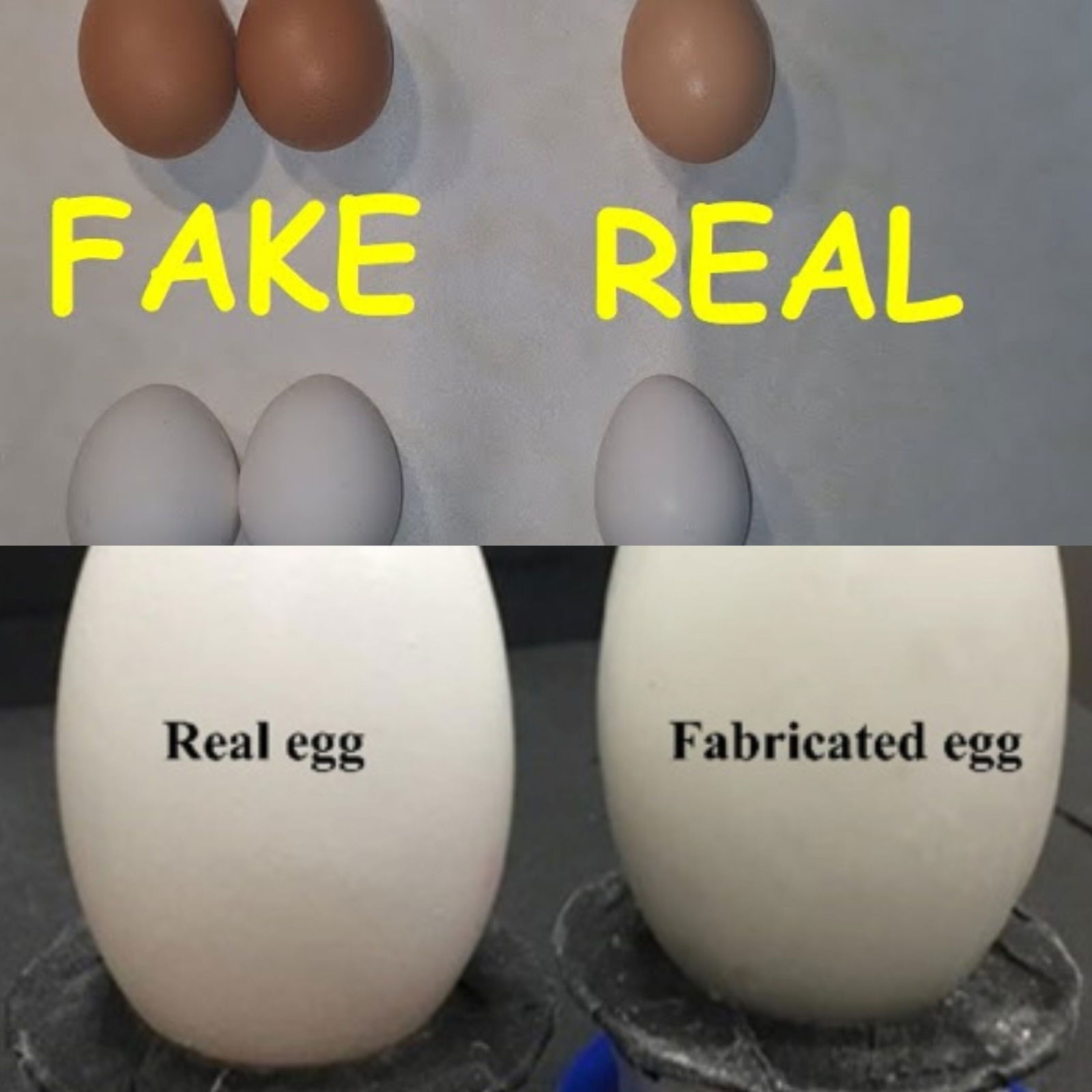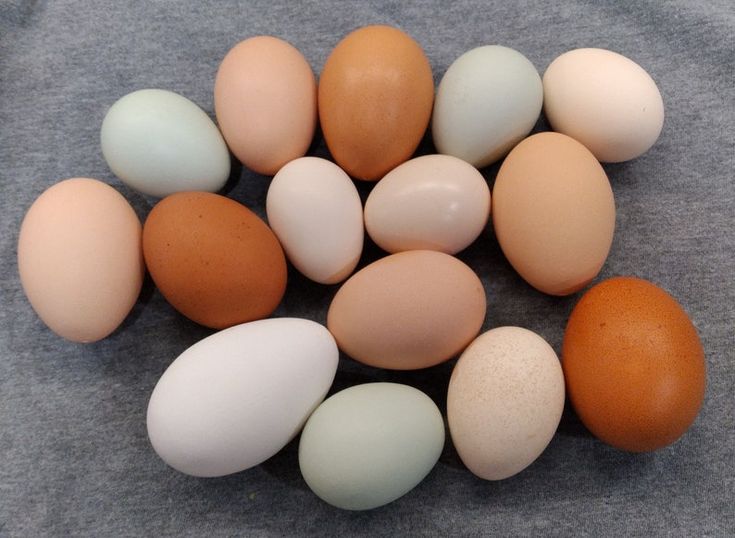
In today’s market, where food safety and quality are more important than ever, knowing how to distinguish real, organic chicken eggs from synthetic or non-organic ones is a valuable skill. Here’s a straightforward guide to help you ensure the eggs you bring home are genuine and of the highest quality.
1. Shell Appearance:
Real organic eggs typically have a rougher, more uneven shell compared to synthetic or non-organic eggs, which may have a uniformly smooth and often shinier surface. Organic eggs can also vary in color and size.
2. Yolk and White Consistency:
Crack the egg open and observe the yolk and the white. Organic eggs usually have a vibrant, orange-yellow yolk and a thick, slightly opaque white that stays close to the yolk. Synthetic eggs or lower-quality non-organic eggs might have a pale yolk and a very runny white that spreads wide across the plate.
3. Water Test:
Place the egg in a bowl of water. Real eggs generally sink because they have less air inside, making them denser. An egg that floats could be old or non-organic, as older eggs accumulate more air over time.
4. Smell Test:
Real eggs have a mild scent that is not unpleasant. If the egg has a strong, chemical smell or no smell at all, it might be synthetic or heavily processed.
5. Flame Test:
Use caution with this test. Hold a flame to the shell after cracking the egg. Real eggshells, made primarily of calcium carbonate, will emit a slight burning smell. Synthetic shells, made from chemicals, might produce an acrid plastic smell.
6. Taste and Texture:
Nothing beats the taste test. Organic eggs generally have a richer and creamier texture when cooked, with more flavor than non-organic or synthetic eggs, which can be bland or slightly chemical in taste.
Conclusion: Knowing how to identify real, organic eggs is crucial for maintaining a healthy diet and ensuring the food you consume is safe and of the highest quality. Always purchase eggs from reputable sources, and whenever possible, buy directly from local farmers or trusted grocery stores. Enjoy the peace of mind that comes with knowing you’re eating genuine, nutritious eggs!




















